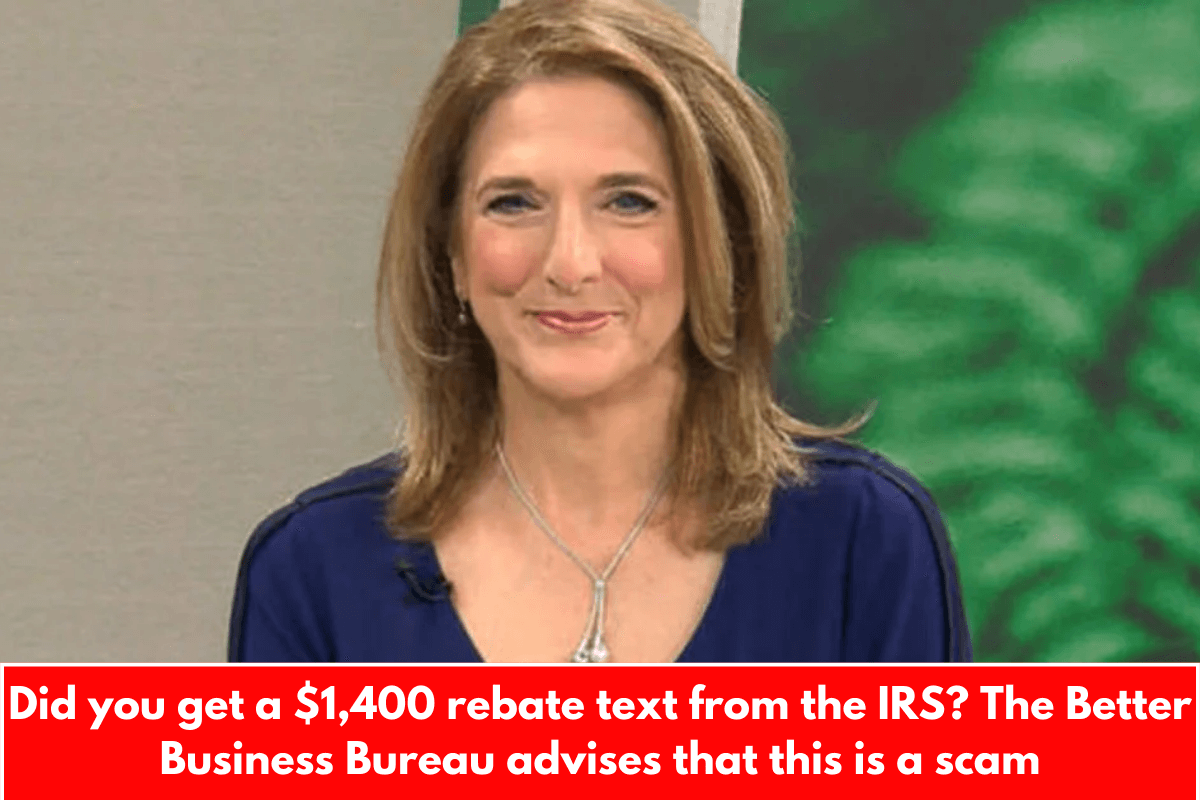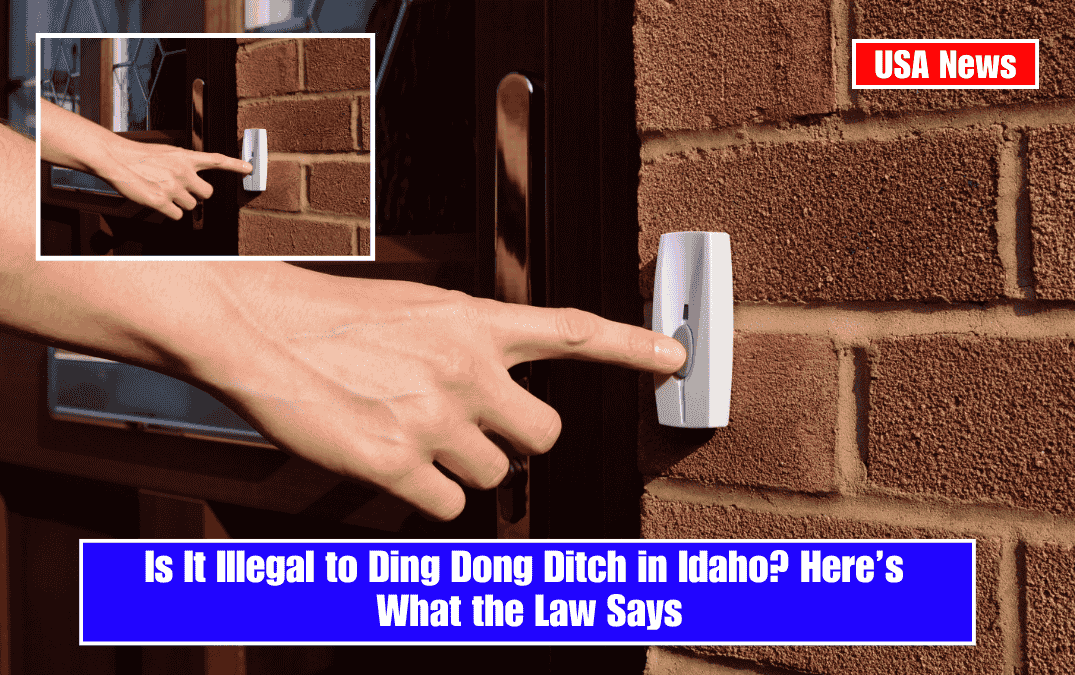If you receive a text claiming you are due a $1,400 stimulus check from what appears to be the IRS, do not click on any links. The text is undoubtedly a scam, as the federal agency does not send such messages.
However, the Better Business Bureau warns that criminals are impersonating the IRS and tricking taxpayers into sharing personal information by texting them fake alerts about their eligibility for extra money.
The deceptive texts have a genuine air because they are linked to recent news. In late December, the IRS announced that it would send $2.4 million to 1 million people who did not receive all of their federal stimulus checks during the pandemic.
However, the payments — a maximum of $1,400 per recipient — are automatic, and those eligible received a letter from the IRS, with the majority of the payments expected to arrive by late January. The money is for taxpayers who did not claim the Recovery Rebate Credit on their 2021 tax returns, and no action is required on their part.
How the scam works:
You receive a text from what appears to be the IRS, claiming that you are eligible for a $1,400 Economic Impact Payment and that you should provide your personal information so that the money can be deposited into your bank account or mailed to you within 1 to 2 business days.
The phishing scam includes a fake link that looks like it is from the IRS website. Clicking on it may lead to malware or a fraudulent form requesting personal or financial information. Be aware that the IRS never requests information in this manner; it does not contact taxpayers via text, email, or social media.
Tips from the Better Business Bureau:
- Verify communications: Real IRS notices are sent through postal mail, not texts or emails.
- Avoid clicking links: Never click on links in unsolicited messages. Instead go to IRS.gov .
- Be cautious of urgency: Scammers create a sense of urgency to make you act quickly. Take time to confirm claims independently.
- Report the scam. Forward suspicious messages to phishing@irs.gov and report them to BBB.org/ScamTracker .















